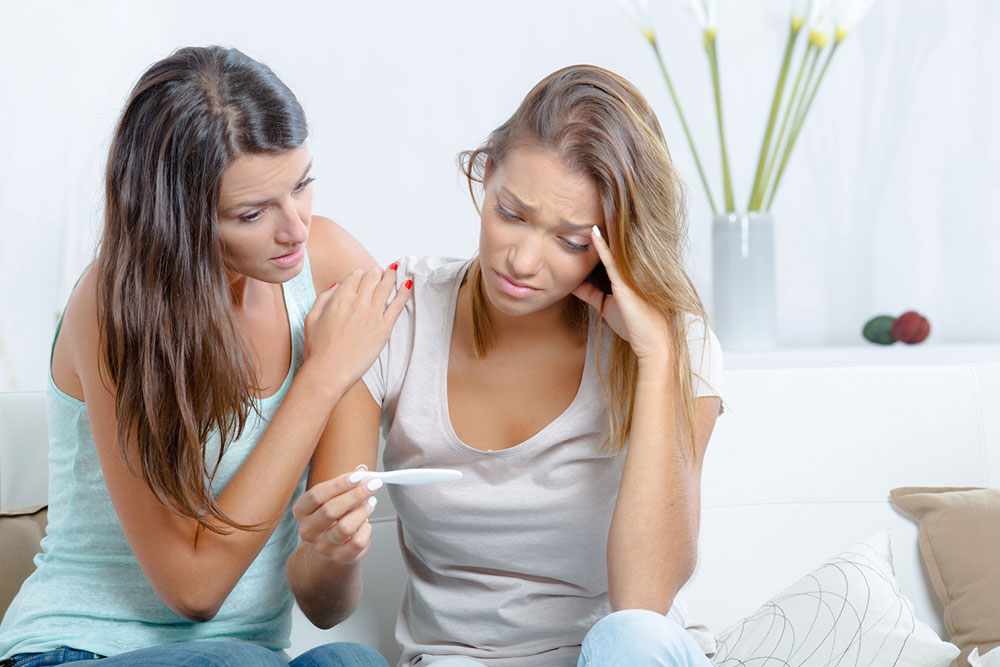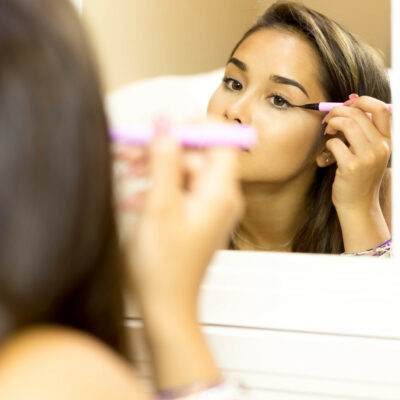
How to avoid fertility problems in women
Fertility problems or infertility in women is a medical condition when an individual is unsuccessful in conceiving even after trying (with frequent intercourse) for at least one year. Currently, millions of couples in the country are facing fertility issues. Approximately 10 to 18 percent of couples in the country experience difficulty in bearing a child. In about one-third of the cases, infertility results due to female factors. However, the good news is, with timely diagnosis and proper treatment women can successfully conceive in 65 percent of the cases.
Avoiding fertility problems in women
Though fertility issues are a common occurrence in the country, women could prevent it to a certain extent by following the below-mentioned procedures.
Try to conceive before 35
It is a known medical fact that fertility in women is inversely proportioned to their age. It means as the female becomes older the ability to conceive reduces. Though modern treatment has made it possible for women of all ages to bear children, the chances of getting pregnant in the twenties and early thirties without any treatment are more. Studies have revealed that approximately one-third of females above 35 find it challenging to become pregnant without any treatment. The figures magnify to two-thirds when the female partner is more than 40 years old. So, trying to conceive by the early thirties is an easy way of preventing fertility issues.
Limiting caffeine intake
Reducing caffeine intake to less than 200 milligrams a day improves the chances of getting pregnant significantly. This works out to be two cups of 6 to 8 ounces of coffee. Complete abstinence from caffeine has an even better effect.
Maintaining a healthy weight
Research has established that overweight and underweight women have a higher probability of facing complications in ovulation. Studies have revealed that 6 percent of obese women undergo fertility problems. Maintaining a body weight in the standard range and opting for a moderate workout for 30-minutes a day keeps the reproductive organs fit and active. It also improves menstrual regularity and ovulation. It should also be noted that strenuous exercise for more than five hours in a week (practiced by athletes) also decreases ovulation.
Quit smoking and avoid alcohol
Tobacco and alcohol have multiple adverse effects on fertility. Both substances are related to ovulation disorders and endometriosis, which causes infertility. Smoking and alcohol also have a negative impact on the growth of the fetus. Women who are considering having a child should immediately quit smoking and avoid social drinking.
Reducing stress
Psychological stress hampers the fertility of women. Couples who want to have a baby should lead a healthy lifestyle and reduce any mental stress as far as possible. Stress also has a negative impact on fertility treatment. So, finding a way of staying away from stressful conditions is good for conceiving.
The above points will help in improving the fertility of women and planning for a better life.


